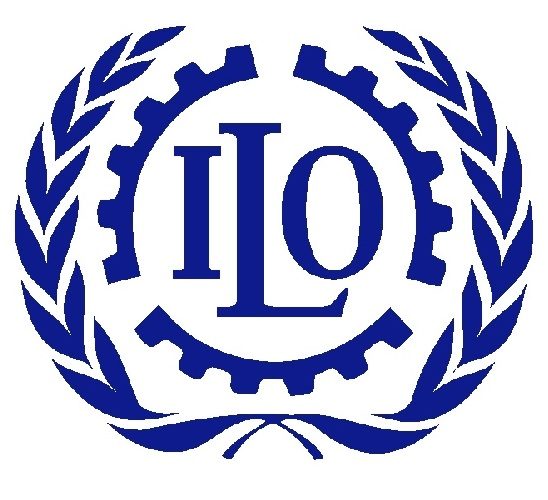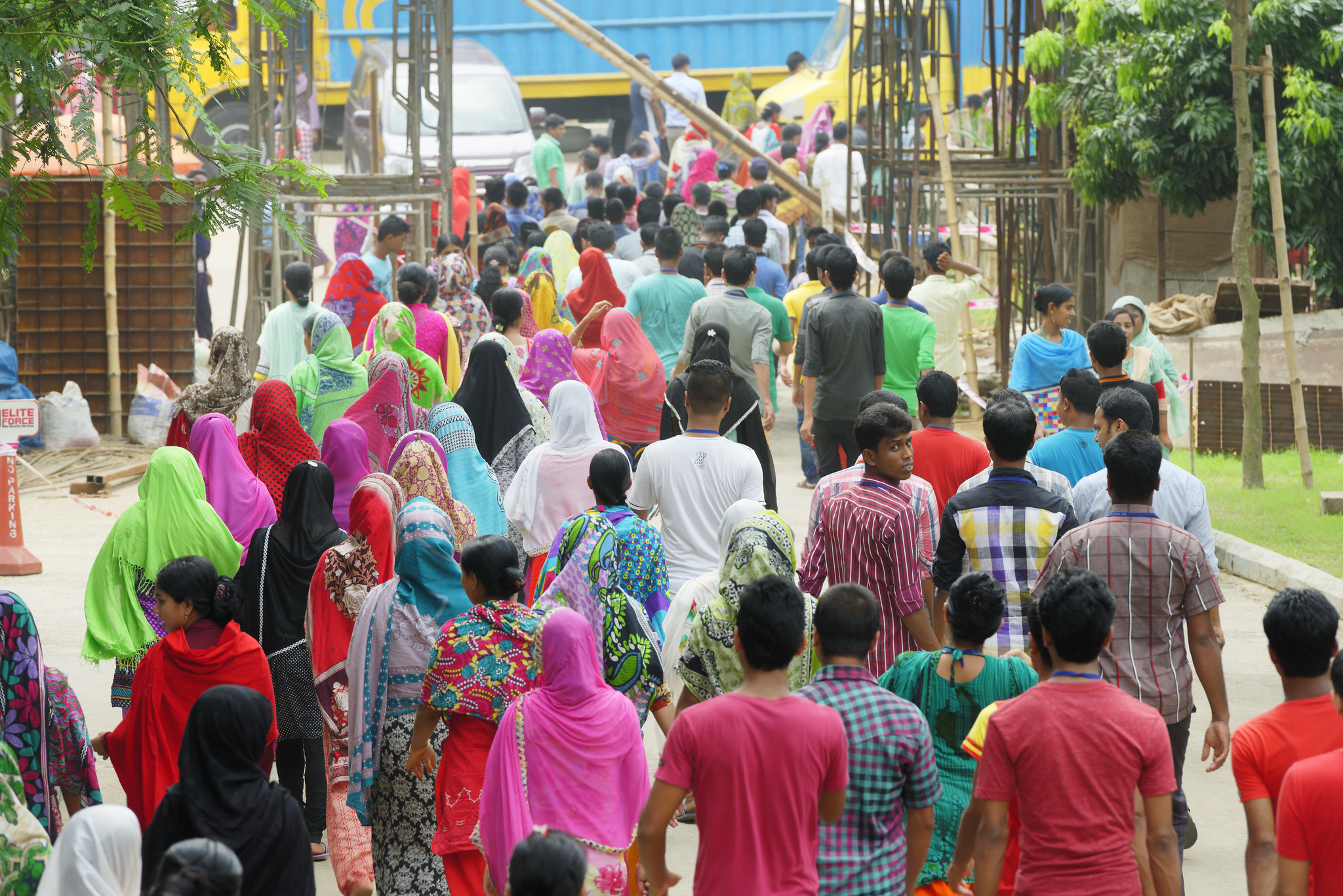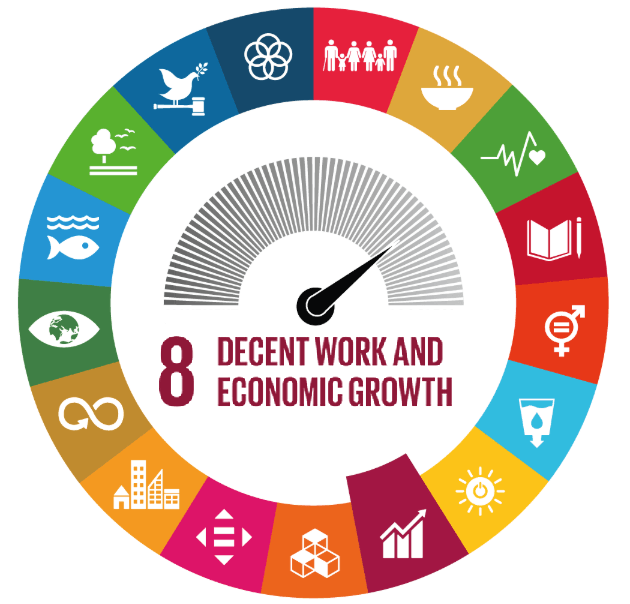
New standards, increased visibility: improving measurement of the informal economy
New statistical standards will improve the measurement of the informal economy, providing more useful and complete data to address informality through targeted policies.
New standards, increased visibility: improving measurement of the informal economy Read More »









